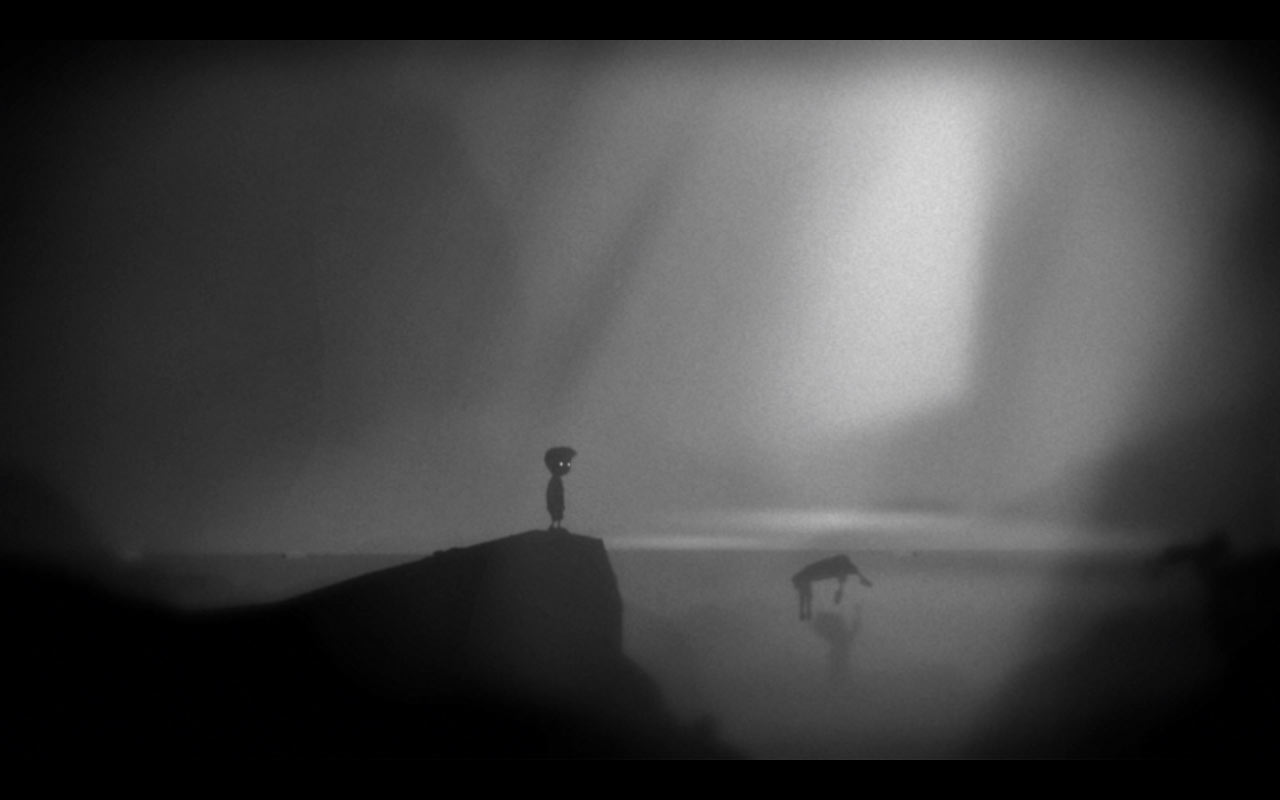The Humble Indie Bundle V is literally packed with tons of top-notch games. Unfortunately, it will be discontinued in a few days and it would be a shame to lose the opportunity to buy interesting titles cheaply. That is why we have prepared a review of one game from the entire package for you. Without a doubt, LIMBO has the most resonant name.
The game debut of Danish developers Playdead first saw the light of day last year. However, many players got to it at a significant distance, as Microsoft arranged the initial exclusivity for its XBOX console. Therefore, this unexpected hit reached the other platforms (PS3, Mac, PC) with a year's delay. But the wait was worth it, the time reserve did not diminish the appeal of this game at all, even though the port naturally retained all the flaws of the original. And since Limbo is part of a giant package Humble Indie Bundle V, it's definitely worth remembering what makes it so special.
Limbo could be classified as a "puzzle" or "hops" game, but definitely don't expect a Mario clone. It would rather be compared to the titles Braid or Machinarium. All three mentioned games brought a beautiful and distinctive visual style, excellent sound and new game principles. From there, however, their paths diverge. While Braid or Machinarium bet on a strange colorful world, Limbo pulls you into an old photograph reminiscent of darkness through the vignette of the screen, from which you simply cannot take your eyes off. Braid overwhelmed us with a lot of text, in Limbo there is de facto no story. As a result, both titles are equally incomprehensible and open up great possibilities for interpretation to the player, with the only difference being that Braid looks much more important and bloated.
There is also a fundamental difference in the approach to the player. While almost every current game includes a tutorial level and you are kind of led by the hand at first, you won't find anything like that in Limbo. You will have to figure out the controls, the way to solve the puzzles, everything. As the authors themselves let themselves be heard, the game was created as if one of their enemies should play it. The developers should then take a second look at the resulting difficult puzzles and add some unobtrusive audio or visual cue, as if their friend was playing instead. This method is beautifully illustrated in one of the opening chapters, when the player first stands with his bare hands against a giant spider and is defenseless at first glance. But after a while, an unknown metallic sound is heard in the left channel. When the player peeks around the left edge of the screen, they will see a trap on the ground that has fallen from a tree with a clatter. After a while, everyone realizes what is expected of them. It is a small thing, but it fundamentally helps to create an atmosphere of uncertainty and helplessness.
[youtube id=t1vexQzA9Vk width=”600″ height=”350″]
Yes, this is not just any ordinary casual game. At Limbo, you will be afraid, startled, you will tear off spiders' legs and impale them on stakes. But most of all you will die. Many times. Limbo is a mischievous game, and if you try to solve a problem simply, it will punish you for it. On the other hand, the punishment is not so severe, the game always loads back a tiny bit. Plus, you'll be rewarded for your stupidity with one of the various death animations. Even though you'll be cursing yourself for a while for your repeated mistakes, seeing your character's guts bouncing all over the screen will eventually put a cynical smile on your face.
And it must be said that Limbo has, perhaps contrary to expectations, a surprisingly good physics model. But this way one could wax poetic about anything from the physics of flying intestines to film photography reminiscent of image noise to amazing ambient music. Unfortunately, the impressive audiovisual processing cannot save the imbalance of the first and second halves of the game. In the opening part, you will encounter a lot of scripted events (and it is precisely those that create an atmosphere of fear and uncertainty), while the second half is basically just a sequence of increasingly complex games with space. The boss of Playdead himself, Arnt Jensen, admitted that he gave in to his demands at a later stage of development and thus let Limbo slip into a mere puzzle game, which is certainly a great shame.
As a result, one might prefer a shorter but stronger experience and at least a hint of a story. Even considering its price, Limbo has a relatively short playing time – three to six hours. This is a beautiful game that will definitely rank among the innovative titles like Mirror's Edge, Portal or Braid. We wish Playdead the best of luck in the future and hope they don't rush it so much next time.
[app url=”http://itunes.apple.com/cz/app/limbo/id481629890?mt=12″]


The story hint is strong in my opinion, but I like the freedom the game gives you to think about the plot.